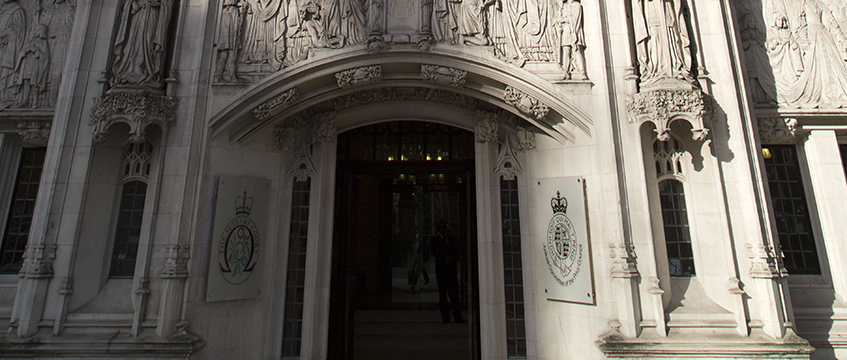Secure tenancy — Appellant in breach of tenancy agreement because of nuisance and noise — Respondent council seeking possession — Possession order suspended — Court granting extension of suspension — Whether extension creating new tenancy — Whether earlier breaches becoming irrelevant — Appeal dismissed
The appellant was the secure tenant of a flat owned by the respondent council. The respondents sought possession of the flat on the basis that the appellant was causing a nuisance to and harassing his neighbours, within ground 2 of Schedule 2 to the Housing Act 1985. The court ordered: (i) an order for possession after 28 days to be suspended for so long as the appellant complied with the terms of the tenancy that related to his behaviour; (ii) that no warrant should be issued without the permission of the circuit judge; and (iii) that the possession order was to remain in existence until 17 December 2004, with permission for the respondents to apply for an extension.
The respondents contended that the appellant had breached the terms of his tenancy, thereby breaking the terms of the suspension in the judge’s order. They therefore applied to the court for permission to issue a warrant for possession. At the hearing on 10 December 2004, the judge had no papers and the appellant was not present, with no explanation being offered for his absence. The judge ordered that the suspended order for possession be extended for a further six months and adjourned the application for a warrant for possession.
The appellant considered that the effect of the judge’s order was to revive the original tenancy, which, should the breaches now alleged be proved, would already have terminated on the date of the first of those breaches. That, in turn, negated any breaches by the appellant up to the date of the judge’s order. If that were correct, and since the order had been made in respect of a tenancy that had expired, the respondents could rely upon any breaches subsequent to the date of that order only if they started fresh proceedings.
A different judge rejected that argument on the basis that the judge who made the 2004 order was exercising case-management powers and had not intended to disturb the substantive rights of the parties when he extended the order. The appellant appealed, contending that, in the light of the rule in Thompson v Elmbridge Borough Council [1987] 1 WLR 1425, and on a proper construction of section 82(2) of the Act, the 2004 order did not merely extend the currency of the order but postponed the date of possession.
Held: The appeal was dismissed.
The fact that the period of suspension had been extended did not of itself change the date upon which the tenant was to relinquish possession for the purposes of section 82(2), if that date had already arrived.
The fact that the judge retained the application to enforce the sanction imposed for the original breaches made it clear that the 2004 court order did not relieve the appellant from the consequences of those breaches.
The judge could not be said to have made inferentially an order that (depending upon current facts that had not yet been determined) might, in one case, determine the tenancy, but, in another, have no effect upon the tenancy except merely provide for the management of the litigation.
Moreover, even if the appellant had not been in breach at the date of the 2004 order, it was a misuse of language to say that the effect of the six-month extension was to change the date upon which possession was to be given. It merely extended the period during which an obligation to give possession might arise, which was already provided for in the 2004 order: Burrows v Brent London Borough Council [1997] 1 EGLR 32; [1997] 11 EG 150 considered.
Zia Nabi (instructed by Miles & Partners) appeared for the appellant; Ranjit Bhose (instructed by the legal department of Kensington and Chelsea Royal London Borough Council) appeared for the respondents.
Eileen O’Grady, barrister








